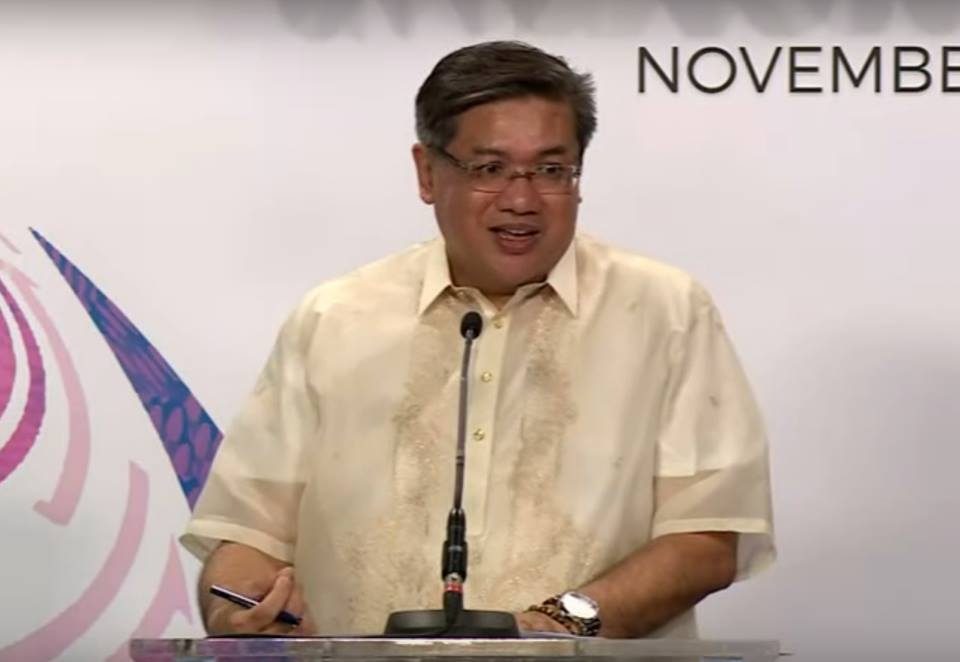SUMMARY
This is AI generated summarization, which may have errors. For context, always refer to the full article.

MANILA, Philippines – Health officials in Southeast Asia have asked their leaders to issue declarations on disaster health management, ending malnutrition, and fighting the problem of anti-microbial resistance during the 31st Association of Southeast Asian Nations (ASEAN) Summit and Related Meetings in Manila.
Health Assistant Secretary Lyndon Lee Suy made the statement in a news briefing on the Association of South East Asian Nations (ASEAN) health-related outcome documents on Saturday, November 11.
ASEAN health officials have endorsed to ASEAN leaders proposed declarations on fighting anti-microbial resistance, disaster health management, and ending all forms of malnutrition during the summit which will begin on Monday, November 13.
On the issue of anti-microbial resistance, Lee Suy said the “indiscriminate use” of antibiotics in the region, and all over the world, has exacerbated the problem.
“Not only among the ASEAN member-states but globally, the use of antibiotics has already been a problem because most of us self medicate before we really consult doctors or consult with health professionals,” he said.
“Globally, this would be labeled as among the emerging infectious diseases because time will come when the antibiotics that we’re using will no longer be effective because of the indiscriminate use of antibiotics,” Lee Suy added. (READ: World failing in fight against antibiotic resistance – WHO)
In developing countries such as the Philippines, anti-microbial resistance comes from people who self-medicate due to different factors, including having no means to consult a doctor.
“We have to advocate as well to the people that the indiscriminate use of antibiotics, instead of being useful to them, will eventually become harmful,” Lee Suy said.
He said one of the recommendations to address the problem is to implement regulations that will ensure that people use the right antibiotics in the right way.
“(We wish) to enhance regulations on no-prescription, no-antibiotic,” Lee-Suy said, adding that training health professionals and educating different sectors are also crucial.
Health officials in the region have also asked ASEAN leaders to issue a declaration on ending all forms of malnutrition in the region.
Disaster health management
Lee Suy said that the health ministers also hope that the leaders would issue a declaration on disaster health management during the summit.
While the Philippines has been a recipient of humanitarian assistance during times of disaster, the declaration would tackle the consent of governments to foreign aid.
“We have recognized the critical role of humanitarian assistance in reducing the loss of lives, minimizing disability and preventing infectious disease outbreaks through rapid deployment with full respect of sovereignty and consent of the affected countries, and appreciating contribution from relevant sectors,” Lee Suy said.
Meanwhile, the Philippines sees a healthy lifestyle as a key response to the other health problems in the Southeast Asian region.
The health official cited President Rodrigo Duterte’s Executive Order 26, which imposes a smoking ban on all public areas nationwide. – Rappler.com
Add a comment
How does this make you feel?
There are no comments yet. Add your comment to start the conversation.